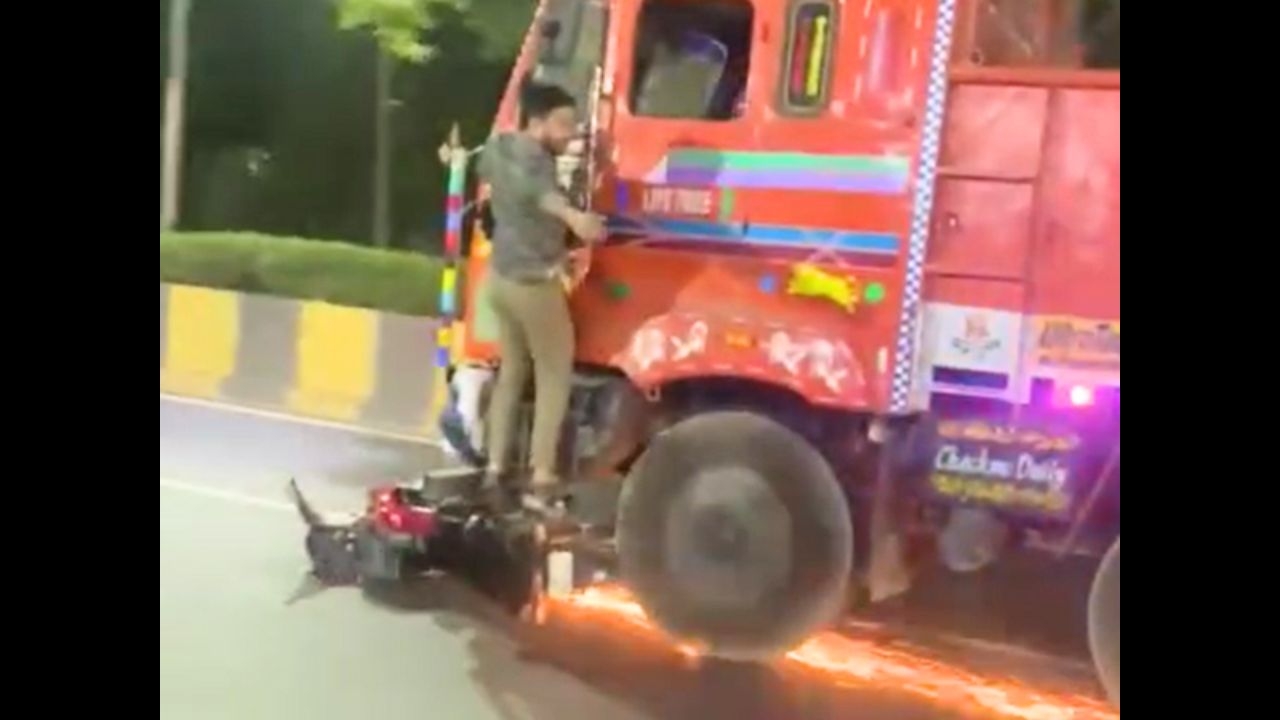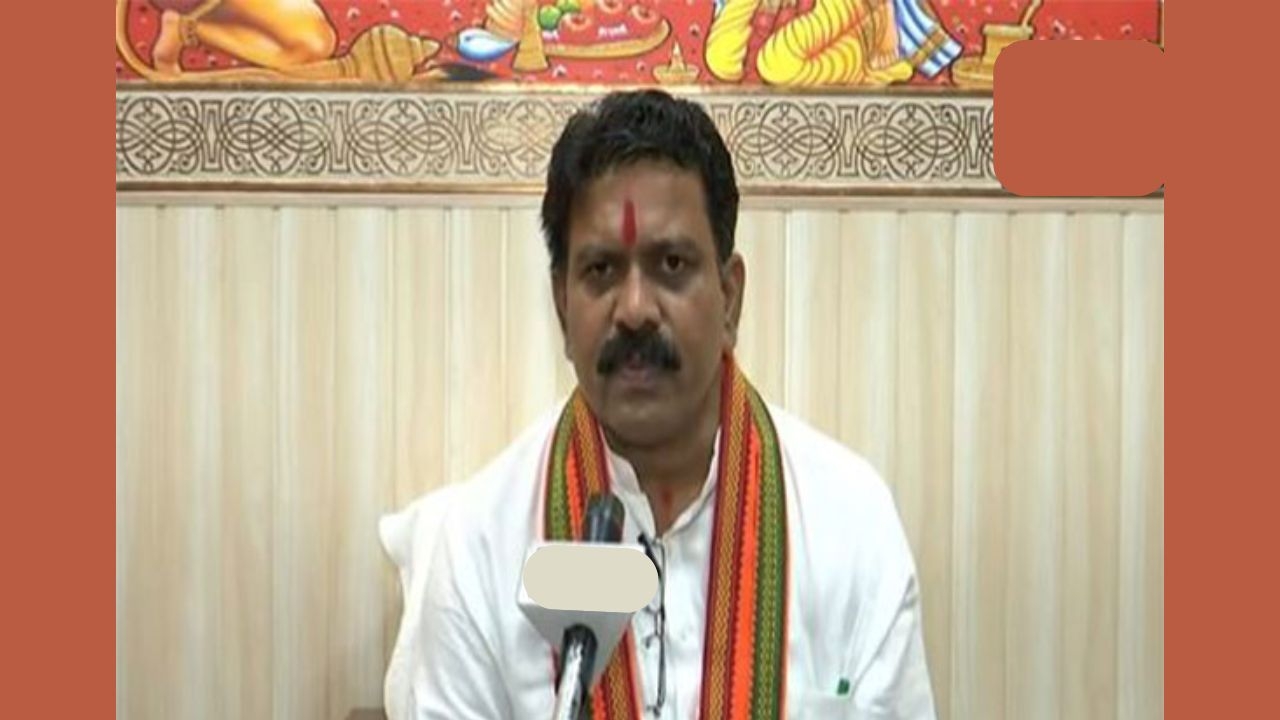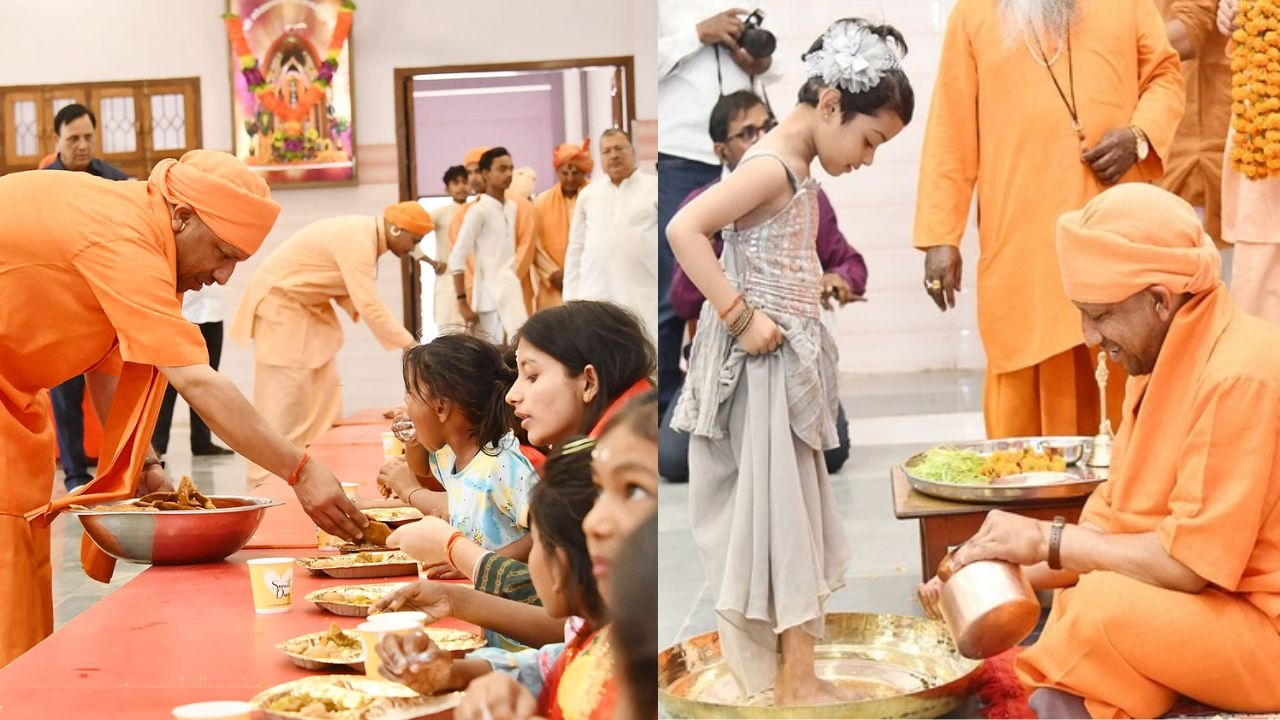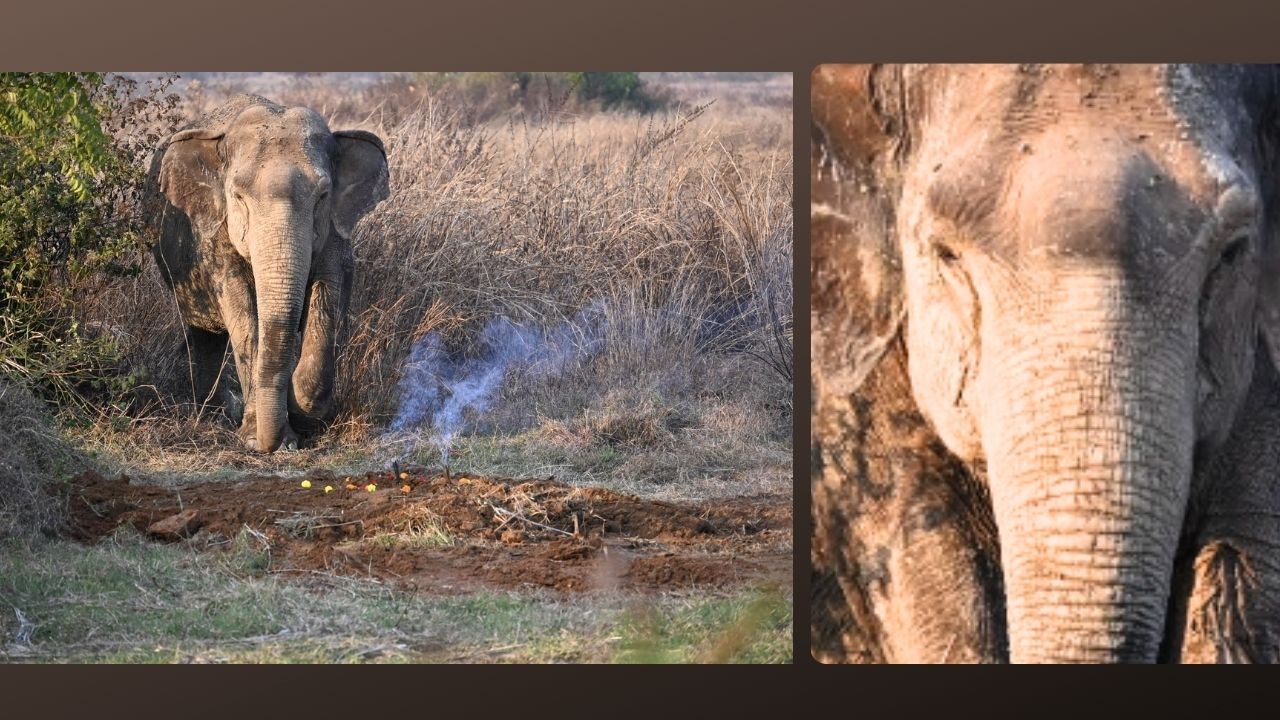Jai Bhim Comrade: May Day celebrations will be different this time in India
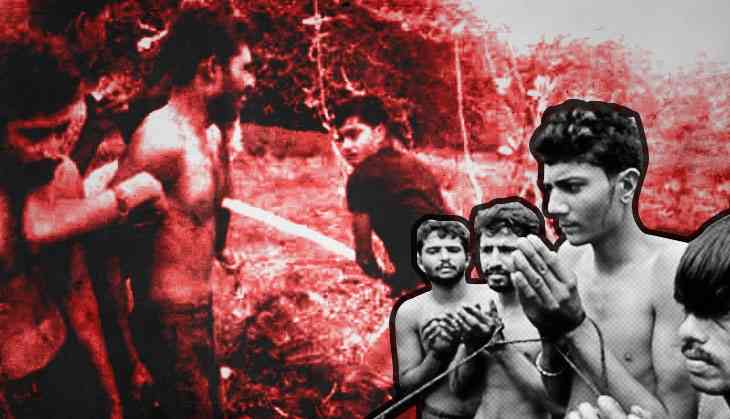
Along with the rest of the world, India too will be celebrating International Workers Day on 1 May. But this time in India, May Day assumes a special significance. The day is going to be an occasion symbolizing the coming together of the working class and the Dalits who are the most oppressed in the society.
The movement shown by the two sections towards each other in the recent past is an important juncture in Indian socio-political history.
To begin with, a large number of Dalit organisations including Scheduled Caste/Scheduled Tribe (SC/ST) employee organizations will observe the day as 'Resistance Day' to mainly air their resentment against the 'dilution' of the SC/ST (Prevention of Atrocities) Act by the Supreme Court and the reluctance of the centre to promulgate an ordinance to restore it.
They will also be talking about the anti-Dalit approach of the government. In some parts of the country, Dalit organizations have also come forward to organize events on 1 May to air demands of the working class which also encapsulate the Dalits. There is also a conscious effort by the Left parties and organizations to ensure that Dalits also participate in 1 May events in substantial numbers.
Observers point out that class issues in India have also been overlapping issues for the Dalits. Hence, the coming together of these two forces is of utmost importance. “Almost 76 percent of the labour is coming from the SC and ST category. The issues of the working classes are also the issues that affect the Dalits. The two cannot be looked at separately and as two different social segments need to support each other,” said Kantilal Parmar, a Dalit activist with Navsarjan organization in Gujarat.
A case in point is the scenario in Punjab where the majority of farm and industrial labour is from the Dalit community and the movements for their rights are being run by Left organizations. One such movement is for getting them their cultivation rights on village common lands in Sangrur area of the state.
The Rashtriya Dalit Adhikar Manch in Gujarat, with whom Dalit leader Jignesh Mevani is also associated will, be organizing a programme in Dalit dominated locality of Sarangpur in Ahmedabad. During this programme, issues pertaining to contractual employment, equal work equal pay, outsourcing of employment in key sectors like public transport and fixed pay employment will be taken up. The programme is being jointly organized with Dalit Muslim Ekta Manch. It needs to be pointed that the forces in power are rattled by the prospects of Dalit-Muslim and Dalit-Left unity.
In Punjab, one of the biggest May Day events is being organized in Ludhiana by the Punjab Lok Sabhyacharak Manch. “This time there is going to be special play focusing on Dalit issues in Punjab. The movement for rights has to be a collective struggle of both the working classes and the Dalits. The issues pertaining to Dalits will be taken up during the talks at the event in detail. Just a couple of days there was a major procession in Bathinda comprising more than 5000 people on the issue of Dalit oppression and working-class struggle. Another event is scheduled in Sangrur on May 6,” informed Kanwaljit Khanna of the Manch.
Punjabi poet and writer Rajwinder Mir who has been writing on the issues pertaining to Dalits and labour told Catch News, “While there is nothing concrete visible yet on the political level in terms of alliances between Left and Dalit parties or groups but there is a definite upward movement in the consciousness about the issue and need for the Dalits and the Left to come together. One can feel this in interactions with the workers employed in small factories in Malwa region and also the farm labour".
The state of Punjab has the maximum percentage of Dalits in the total population at 32%. The state is grappling with farm distress, farmer suicides as well as industrial issues.
In neighbouring Himachal Pradesh, where the Dalits also account for almost one-fourth of the population, their participation will mark the May Day celebrations by the Left. Pyare Lal Verma of the CPM disclosed, “Members of the Dalit Shoshan Mukti Sangathan will be participating in the programmes at various places.” Himachal Pradesh is a state where Dalit issues have always been swept under the carpet by the successive governments and neither has there been any outcry from the community. The Left has been taking up their issues regularly.
“In India Dalits have an important role in the struggle for equality since they are exploited both socially and economically. Wherever possible the working classes and Dalits need to come together on a common platform,” underlined the CPM MLA from Theog constituency.
Political thinker and writer, Subhash Gatade, feels that the efforts being made towards bringing the Dalits and the Left closer mark a very positive development for Indian democracy. “It is a positive step that the two are moving away from strong identity-based movements. In the past Dalits have been pitted against the labour class at the ideological level of vested interest. Dr BR Ambedkar has been presented as someone opposed to the Left. Of late Ambedkar is being rediscovered, particularly his views on capitalism and exploitation. The Dalits have started realizing their errors and the Left too has been making several amends,” he said.
It is being felt that a mass progressive movement at the social level in which Dalits and the working classes play a pivotal role is the need of the hour to counter the economic and social exploitation. Harshali Potdar. an activist from Samta Vidyarthi Agadi, an organization working for Dalit rights in Jalgaon, Nagpur and Mumbai said, “This is the need of the hour at the time when the country is witnessing an undeclared emergency, an emergency that puts to shame the one put by former Prime Minister Indira Gandhi. What is being experienced is Brahminical fascism. It is most important that the segments that are at the receiving end show mutual respect to each other and come together. With the political change not visible, the effort has to come through a social mass movement.”
The May Day celebrations this year are set to redefine Indian politics in the context of the Dalit-Left unity effort that is gathering steam. Whether it can have an impact in the forthcoming elections in various states and to the Lok Sabha next year remains to be seen. But, for now, a new discourse has been set and a narrative has emerged that is threatening to have long-term ramifications in Indian polity.


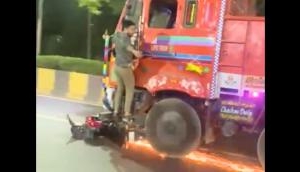
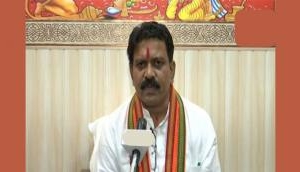
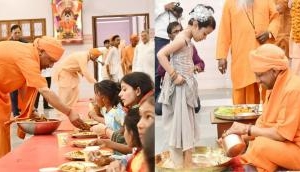
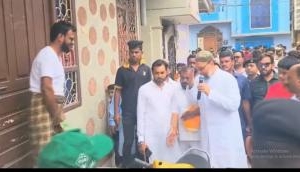
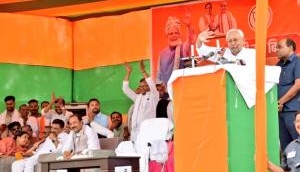
![BJP's Kapil Mishra recreates Shankar Mahadevan’s ‘Breathless’ song to highlight Delhi pollution [WATCH] BJP's Kapil Mishra recreates Shankar Mahadevan’s ‘Breathless’ song to highlight Delhi pollution [WATCH]](http://images.catchnews.com/upload/2022/11/03/kapil-mishra_240884_300x172.png)

![Anupam Kher shares pictures of his toned body on 67th birthday [MUST SEE] Anupam Kher shares pictures of his toned body on 67th birthday [MUST SEE]](http://images.catchnews.com/upload/2022/03/07/Anupam_kher_231145_300x172.jpg)


